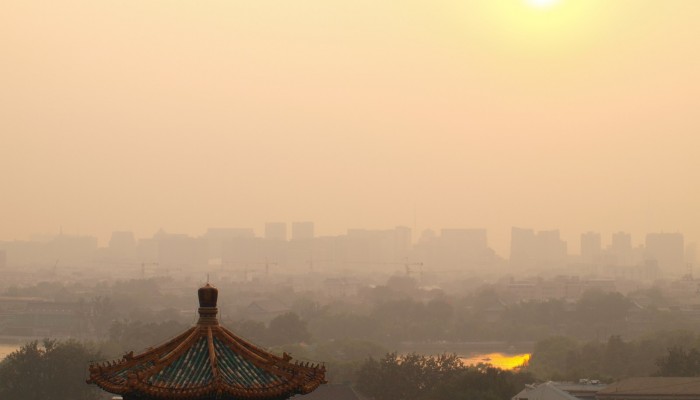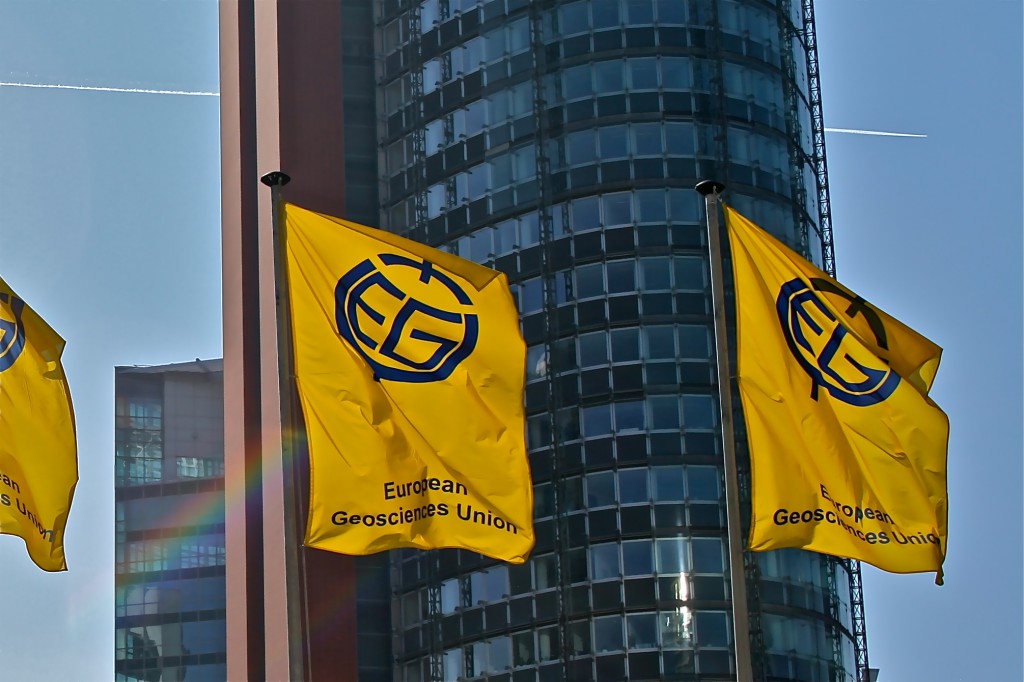The global population is ever-growing. Cities are expanding at a rapid pace. A recent study by Mark Jacobsen of Stanford University and Son Nghiem of NASA’s Jet Propulsion Laboratory investigated the urban growth of Beijing, China (published on June 15th in the Journal of Geophysical Research – Atmospheres). Their results showed that the city had quadripled in size in the span of a decade.
This massive increase in the areal extent of the city had a significant impact on the local environment of the city, even if the increased pollution by the inhabitants and vehicles was neglected. The presence of new infrastructure, such as buildings and roads, created a ring of impact around the older parts of the city. This effectively reduced the wind speed in the city, making the air more stagnant, as well as increasing the average winter temperature, leading amongst others to increased ground-level ozone pollution.
Though Beijing is far from the only city in the world experiencing this increase in size, the study illustrates the impact of urbanization on local weather and pollution, even in the absence of other sources of pollution.
Read the full, original post here, at the NASA Jet Propulsion Laboratory website.



